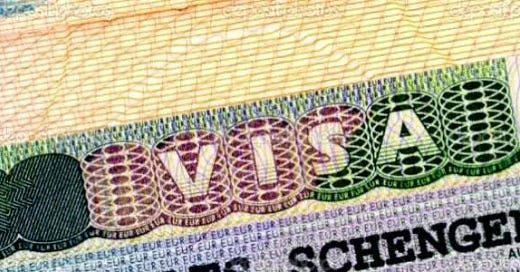Considering a Northern European Alliance
Talk emerges of an alliance of "like-minded countries" to reduce the influx of asylum seekers in Northern Europe.
November 19, 2015
A report published by a Dutch newspaper on Wednesday suggests that some EU members are starting to think about a post-Schengen, if not post-EU, Europe. According to De Telegraaf, the Dutch Cabinet recently discussed a plan to create a smaller version of the Schengen Agreement that would include only the Netherlands, Belgium, Luxembourg, Germany and Austria. The report was only partially dismissed by the Dutch foreign affairs minister, who denied plans to create a smaller version of the Schengen zone but admitted that his government was considering an alliance of "like-minded countries" to reduce the influx of asylum seekers in Northern Europe.




